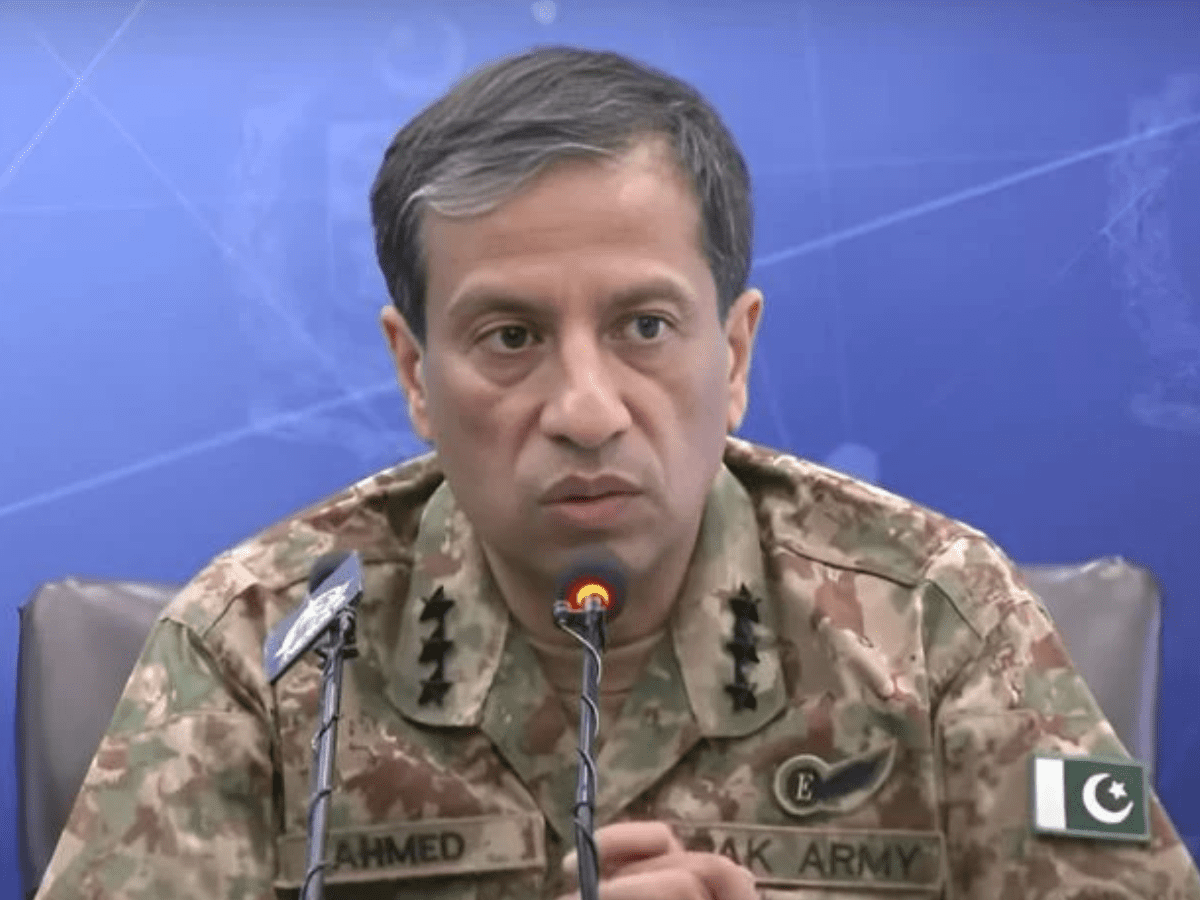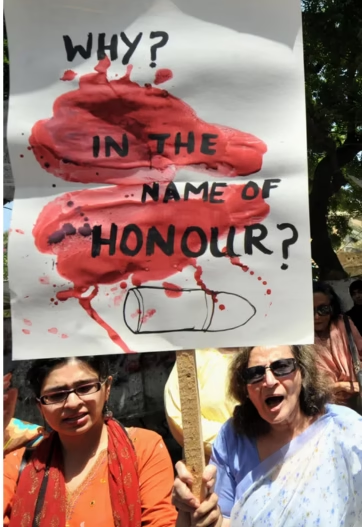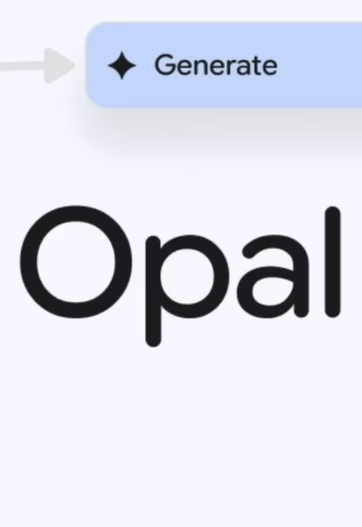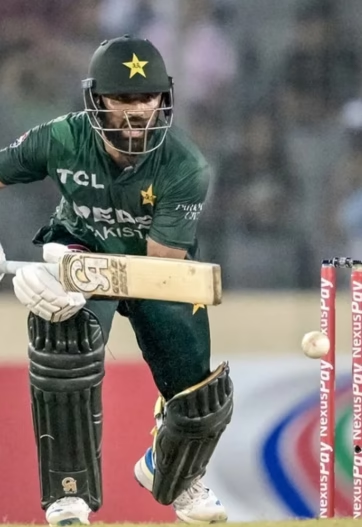Tensions with India More a ‘Battle of Truth’: DG ISPR


Tensions with India have taken a new shape, described as a “battle of truth” rather than just a military standoff. This powerful statement came from Director General of Inter-Services Public Relations (DG ISPR), Ahmed Sharif Chaudhry, during an interview with Al Jazeera. He emphasized that the conflict spans across information, diplomacy, and strategy, not just borders and weapons.
He openly criticized the Indian media and government for what he called false narratives after the Phalgam incident. India had accused Pakistan of involvement without providing solid evidence. According to DG ISPR, such allegations lack credibility and are part of a broader disinformation campaign.
https://whatshappening.pk/noor-mukadam-verdict-a-landmark-justice-for-every-woman/
Tensions with India: Water War Rhetoric and Strategic Reality
Talking about tensions with India, DG ISPR labeled India’s claims of blocking Pakistan’s water supply as “reckless thinking.” He stressed that six major rivers originate from Kashmir, making such a move impossible. He added that cutting off water to 240 million people is beyond irrational—it’s dangerous.
This bold response came after Indian Prime Minister Modi’s recent remarks. Modi claimed India could deny water to Pakistan from rivers it controls. The statement followed India’s suspension of a vital water-sharing treaty, which raised eyebrows internationally.
DG ISPR clarified that Kashmir is not India’s internal matter. It’s a long-standing international dispute, involving Pakistan, India, and even China. According to him, the issue should be resolved through United Nations resolutions and, most importantly, the will of the Kashmiri people.
He further stated, “If Kashmir joins Pakistan, India becomes a lower riparian state. Then, it will be our decision how to manage the waters.” His remarks reflect both strategic confidence and diplomatic clarity.
Truth Versus Propaganda
DG ISPR addressed other ongoing tensions with India, especially the baseless claims linking Pakistan to the Golden Temple incident. He called them “the biggest lie possible.” Pakistan, he said, respects all religions. He mentioned the nation’s commitment to preserving Sikh holy sites, such as Kartarpur Sahib.
He slammed India’s internal policies—like internet shutdowns, banning websites, and jailing journalists. “Has Pakistan jailed a single journalist during this conflict? Absolutely not,” he pointed out. Such repression, he warned, damages India’s international credibility and trustworthiness.
He also called out India’s refusal to share evidence about the Phalgam incident. “We challenged India to show proof to the world, but they failed,” he said. Even India’s Ministry of External Affairs admitted their investigation is incomplete.
Tensions with India: Military Coordination and Global Risk
Despite rising tensions with India, DG ISPR praised the Pakistan military’s coordination. The Army, Navy, and Air Force worked together with political leadership and the public. He highlighted the Air Force’s actions during the May 6–7 aerial encounters. Pakistan used JF-17 Thunder and J-10C jets, and deployed Fateh-1 and Fateh-2 missiles with precision.
“This campaign will be studied in war colleges for years,” he said, proud of the military’s discipline. Yet, he warned that India is playing with fire. As a nuclear-armed country, Pakistan has shown restraint, but further escalation could be catastrophic.
Global powers like the United States, China, Saudi Arabia, UAE, and Qatar are fully aware of the dangers. All sides understand that peace depends on wisdom, not weapons.
Conclusion: Tensions with India Must End With Justice
In closing, DG ISPR reminded everyone that peace is not just the absence of war. It requires justice, fairness, and mutual respect. A ceasefire exists, but peace will only come if India ends its oppression of special people —Muslims, Sikhs, Dalits, and Christians.
He argued that India’s Hindutva ideology fuels extremism. Instead of solving internal problems, India blames Pakistan. “Such oppression naturally provokes reactions,” he warned.
Lastly, he reaffirmed Pakistan’s alliance with China, calling it a partnership built on respect and stability. Pakistan, he insisted, stands for peace—but not at the cost of dignity or truth.
STAY UPDATED WITH THE LATEST NEWS. FOLLOW US ON OUR SOCIAL MEDIA CHANNELS:
INSTAGRAM: https://www.instagram.com/whatshappening.pk






Pakistan Stock exchange Succumbs to Profit-Taking - What's Happening.pk
23rd May 2025[…] https://whatshappening.pk/tensions-with-india-more-a-battle-of-truth-dg-ispr/ […]